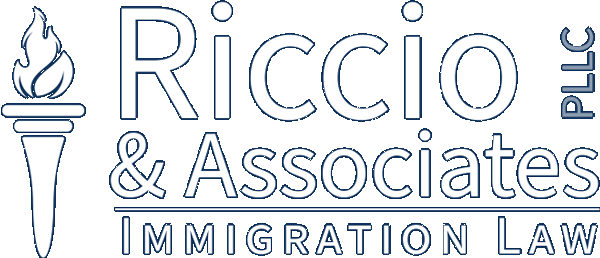Today, the Department of Homeland Security (DHS), through U.S. Citizenship and Immigration Services (USCIS), published a Notice of Proposed Rulemaking (NPRM) that would modernize the H-1B specialty occupation worker program.
One item of particular importance in the proposed rule is that the government seeks to change how USCIS conducts the H-1B registration selection process, and under the new proposal, each unique individual who has a registration submitted on their behalf would be entered into the selection process once, regardless of the number of registrations submitted on their behalf. This would improve the chances that a legitimate registration would be selected by significantly reducing or eliminating the advantage of submitting multiple registrations for the same beneficiary solely to increase the chances of selection.
Among additional provisions, the proposed rule would seek to improve the H-1B program by:
Improving program efficiency –The proposed rule codifies that adjudicators generally should defer to a prior determination when no underlying facts have
changed at time of a new filing;
Providing greater benefits and flexibilities for employers and workers – Certain exemptions to the H-1B cap would be expanded for certain nonprofit
entities or governmental research organizations as well as beneficiaries who are not directly employed by a qualifying organization. DHS would also extend certain
flexibilities for students on an F-1 visa when students are seeking to change their status to H-1B. Additionally, DHS would establish new H-1B eligibility requirements
for rising entrepreneurs; and
Strengthening integrity measures – In addition to changing the selection process, misuse and fraud in the H-1B registration process would be reduced by
prohibiting related entities from submitting multiple registrations for the same beneficiary. The rule would also codify USCIS’ authority to conduct site visits and
clarify that refusal to comply with site visits may result in denial or revocation of the petition.
USCIS will accept public comments for 60 days. The proposed provisions will not take effect until the rule has been finalized and cleared federal review which typically takes at least several months.
Some provisions could be finalized in time for the opening of the FY 2025 H-1B cap season in early 2024. USCIS says it may implement the provisions in stages through one or more final rules.
